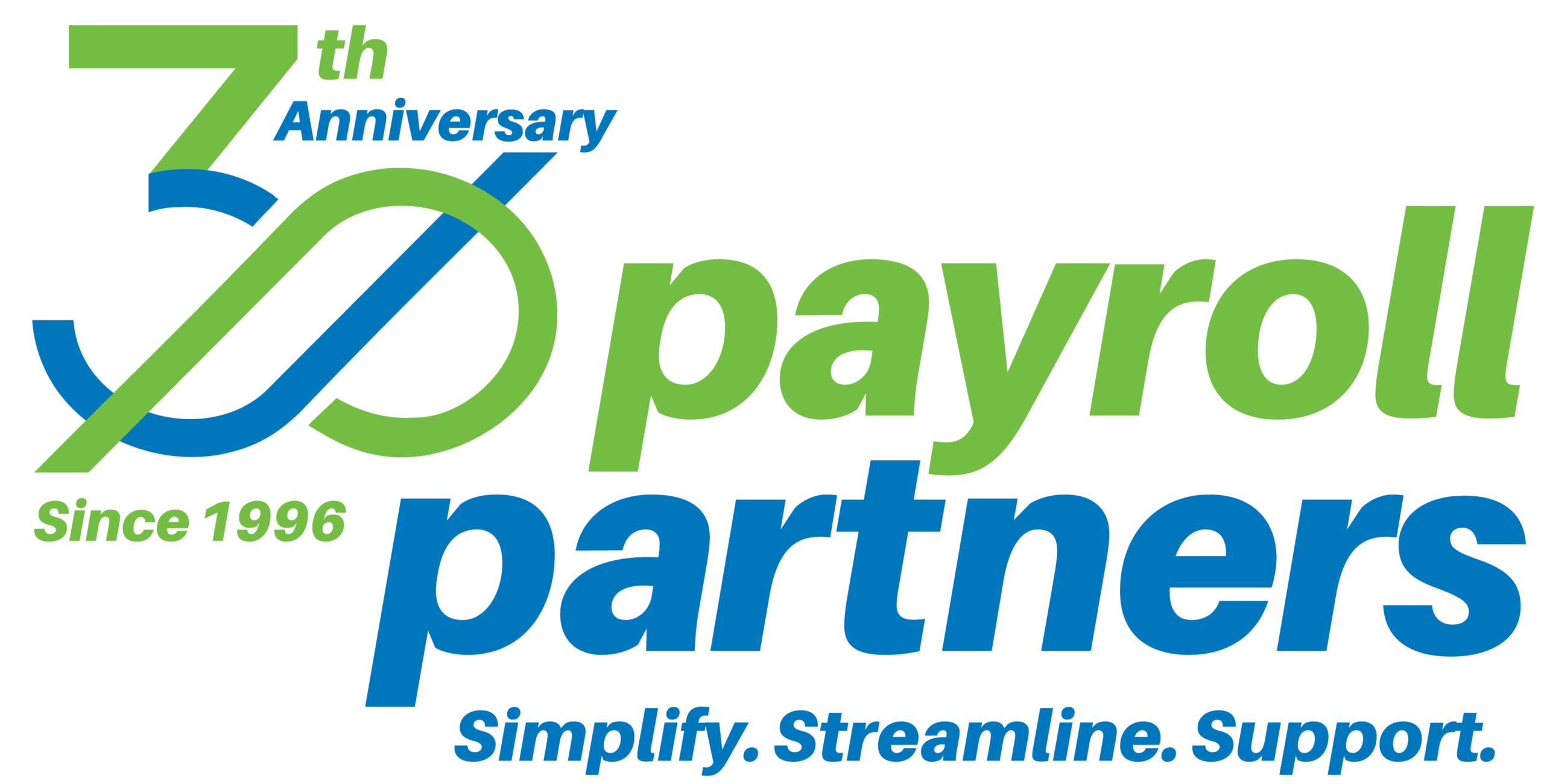The U.S. House approved legislation Thursday making it easier for small businesses and other recipients of Paycheck Protection Program (PPP) funding to qualify for forgiveness of the loans.
The House bill, called the Paycheck Protection Flexibility Act, H.R. 7010, extends from eight weeks to 24 weeks the time PPP recipients have to spend their funds. The measure also lowers to 60% from 75% the portion of PPP funds borrowers must spend on payroll costs to qualify for full loan forgiveness. That change would allow borrowers to direct more funds to costs such as rent and utilities.
A bill close to a vote in the Senate would double the covered period of PPP spending to 16 weeks but would not change the 75% payroll cost requirement. Treasury Secretary Steven Mnuchin has maintained support for the 75% threshold.
Critics of the eight-week loan forgiveness period have said that it doesn’t offer enough flexibility for businesses affected by state and local governments keeping many types of businesses closed or operating at significantly reduced capacity to slow the spread of COVID-19. Critics of the 75% rule contend that it does not accommodate businesses for which payroll is not 75% of monthly expenses or those whose employees haven’t been able to work because of government-imposed business closures.
The House legislation also more than doubles the minimum term period for the loans to five years from two years, and allows companies whose loans are forgiven to delay payment of payroll taxes.
The House bill passed under special rules established to expedite legislation while the House is not in full session. The rules require a two-thirds vote for passage instead of a simple majority. A House bill to require the U.S. Small Business Administration (SBA) to name all PPP recipients of at least $2 million in funding failed to pass Thursday under the expedited rules.
In a news release, the AICPA applauded the passage of the bill as well as its bipartisan nature, and said it looks forward to further action on a final bipartisan bill as the Senate has demonstrated interest.
“This bill significantly increases small businesses’ ability to have their PPP loan fully forgiven and will change forgiveness compliance,” Erik Asgeirsson, CEO and president of CPA.com, said in the news release. “The current lack of flexibility in some PPP provisions has created unnecessary challenges. We welcome Congress’s attention to this important issue as it will allow more businesses to apply for and use PPP relief.”
Mark Koziel, CPA, CGMA, AICPA executive vice president–Firm Services, encouraged CPA firms to discuss the pending changes with their clients and to closely monitor AICPA’s PPP Resource Center for updates and resources.
“CPA firm clients that are far along in the application process, using the current criteria, may be frustrated, and these discussions can help inform their scenario planning,” Koziel said in the news release.
The PPP launched in early April with $349 billion in funding that was exhausted in less than two weeks. Congress provided an additional $310 billion in funding in an April 21 vote, but demand for the program waned due to controversies over publicly traded companies and other large enterprises being awarded loans. Concerns about the attainability of loan forgiveness under the program’s rules also contributed to reluctance over the program.
Congress created the PPP as part of the $2 trillion Coronavirus Aid, Relief, and Economic Security (CARES) Act, P.L. 116-136. The legislation authorized Treasury to use the SBA’s 7(a) small business lending program to fund loans of up to $10 million per borrower that qualifying businesses could spend to cover payroll, mortgage interest, rent, and utilities. PPP borrowers can qualify to have the loans forgiven if the proceeds are used to pay certain eligible costs.
PPP funds are available to small businesses that were in operation on Feb. 15 with 500 or fewer employees, including tax-exempt not-for-profits, veterans’ organizations, Tribal concerns, self-employed individuals, sole proprietorships, and independent contractors. Businesses with more than 500 employees also can apply for loans in certain situations.
As of 5 p.m. ET on Wednesday, the SBA had approved nearly 4.5 million PPP loans totaling more than $510.5 billion. More than $135 billion in PPP funds remained available for additional lending as of Wednesday.
The AICPA’s Paycheck Protection Program Resources page houses resources and tools produced by the AICPA to help address the economic impact of the coronavirus.
This article was first published by the Journal of Accountancy on May 28, 2020.
This information is provided with the understanding that Payroll Partners is not rendering legal, accounting, or other professional advice or service. Professional advice on specific issues should be sought from an accountant, lawyer, or other professional.

